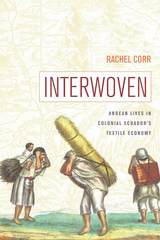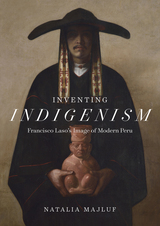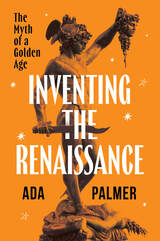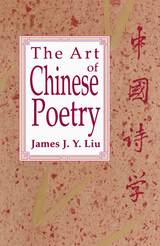
"[This] books should be read by all those interested in Chinese poetry."—Achilles Fang, Poetry
"[This is] a significant contribution to the understanding and appreciation of Chinese poetry, lucidly presented in a way that will attract a wide audience, and offering an original synthesis of Chinese and Western views that will stimulate and inspire students of poetry everywhere."—Hans H. Frankel, Harvard Journal of Asiatic Studies
"This is a book which can be recommended without reservation to anyone who wants to explore the world of Chinese poetry in translation."—James R. Hightower, Journal of Asian Studies
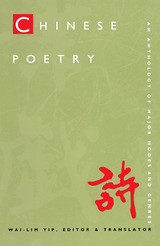
Newly designed, the unique format of this volume will enhance its reputation as the definitive introduction to Chinese poetry, while its introductory essay on issues of Chinese aesthetics will continue to be an essential text on the problems of translating such works into English. Each poem is printed with the original Chinese characters in calligraphic form, coordinated with word-for-word annotations, and followed by an English translation. Correcting more than a century of distortion of the classical Chinese by translators unconcerned with the intricacies and aesthetics of the Chinese language, these masterful translations by Wai-lim Yip, a noted and honored translator and scholar, allow English readers to enter more easily into the dynamic of the original poems. Each section of the volume is introduced by a short essay on the mode or genre of poem about to be presented and is followed by a comprehensive bibliography.
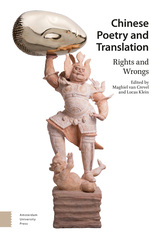

This innovative textbook for learning classical Chinese poetry moves beyond the traditional anthology of poems translated into English and instead brings readers—including those with no knowledge of Chinese—as close as possible to the texture of the poems in their original language. The first two chapters introduce the features of classical Chinese that are important for poetry and then survey the formal and rhetorical conventions of classical poetry. The core chapters present the major poets and poems of the Chinese poetic tradition from earliest times to the lyrics of the Song Dynasty (960–1279).
Each chapter begins with an overview of the historical context for the poetry of a particular period and provides a brief biography for each poet. Each of the poems appears in the original Chinese with a word-by-word translation, followed by Fuller’s unadorned translation, and a more polished version by modern translators. A question-based study guide highlights the important issues in reading and understanding each particular text.
Designed for classroom use and for self-study, the textbook’s goal is to help the reader appreciate both the distinctive voices of the major writers in the Chinese poetic tradition and the grand contours of the development of that tradition.

The poetry of the Late Tang often looked backward, and many poets of the period distinguished themselves through the intensity of their retrospective gaze. Chinese poets had always looked backward to some degree, but for many Late Tang poets the echoes and the traces of the past had a singular aura.
In this work, Stephen Owen resumes telling the literary history of the Tang that he began in his works on the Early and High Tang. Focusing in particular on Du Mu, Li Shangyin, and Wen Tingyun, he analyzes the redirection of poetry that followed the deaths of the major poets of the High and Mid-Tang and the rejection of their poetic styles. The Late Tang, Owen argues, forces us to change our very notion of the history of poetry. Poets had always drawn on past poetry, but in the Late Tang, the poetic past was beginning to assume the form it would have for the next millennium; it was becoming a repertoire of available choices—styles, genres, the voices of past poets. It was this repertoire that would endure.
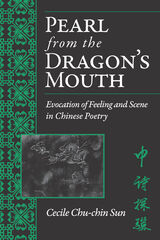

This collection of seventeen essays by James Hightower and Florence Chia-ying Yeh contains three chapters on shih poetry, ten chapters on Sung tz'u, and four chapters on the works of Wang Kuo-wei. It includes ten previously published works, including Hightower's now-classic work on T'ao Ch'ien and Yeh's studies of Sung tz'u, as well as seven important additions to the literature on Chinese poetry. The essays treat individual poets, particular poetic techniques (for example, allusion), and general issues of period style and poetry criticism. The previously published items have been updated to include the Chinese texts of all poems presented in translation.
Although authored separately by Professors Hightower and Yeh, the Essays presented here are the result of their thirty years of collaboration in working on Chinese poetry. Through close readings of individual texts, the two authors explicate the stylistic and psychological components of the work of the poets they study and present compelling interpretations of their poems.
READERS
Browse our collection.
PUBLISHERS
See BiblioVault's publisher services.
STUDENT SERVICES
Files for college accessibility offices.
UChicago Accessibility Resources
home | accessibility | search | about | contact us
BiblioVault ® 2001 - 2025
The University of Chicago Press



